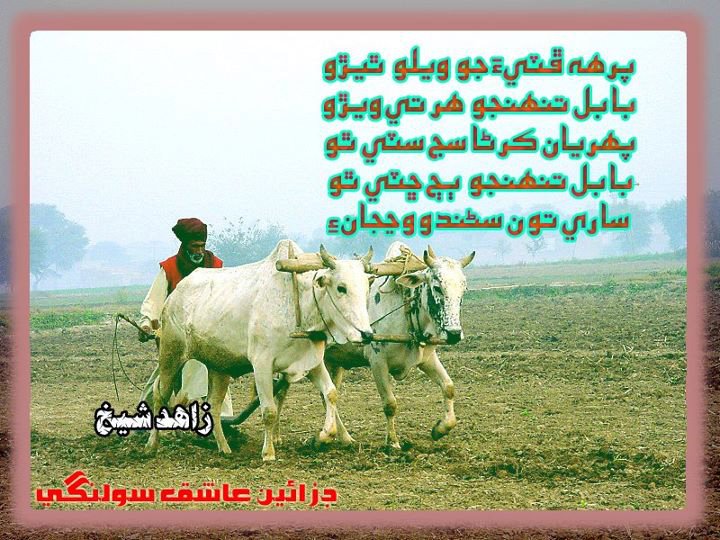

He denounced a murder of a young Sikh man while he was going through a Muslim village. In an extreme situation of hatred and revenge between both of the communities Bulleh Shah rose to the occasion and asked for peace and co-existence.

Thus the period was marked with communal strife between Muslims and Sikhs. This had a very negative impact on Sikh-Muslim relations and co-existence in Punjab. The Sikhs, Jats, and Mahrattas had stood up against Aurangzeb chiefly due to his policies such as the imposition of Jyzia on non-Muslims.

The Mughal king Aurangzeb ruled India at that time. Hazrat Baba Bulleh Shah emerged as a beacon of hope and peace for the people of Punjab when it plunged into Sikh-Muslim conflict leading to murders and killings. Poetry which has been put to Musicįollowing is a list of links for Baba Bulleh Shah’s poetry which has been put to music.Ī symbol of peace and the father of Punjabi enlightenment He enjoys great reverence and respect across the faith systems in India i.e. What is appealing in his poetry is the simplicity with which the great saint addresses complicated basic problems of life and humanity. Moreover, His mystical spiritual journey through the four stages of Sufism vividly features in his poetry.

The poetic work of Baba Bulleh Shah depicts him as a humanist and someone finding solutions to social issues and conflicts in society. Prominent singers of the Indian subcontinent such as Nusrat Fateh Ali Khan, Abida Parveen, etc. In poetry, Baba Bulleh Shah is popular for Kafi, a form of verse that he employed in both Punjabi and Sindhi poetry. To put it in simple words, the composition of his poetry was on the poetic style established by the mentioned Sufi saints before. The poetry of Baba Bulleh Shah carried influence from the Sufi poets such as Shah Hussain (1538-1599), Sultan Baho (1629-1691), and Shah Sharaf (1640-1724) who preceded him. However, he received his spiritual education from a prominent Sufi philosopher of Lahore, Shah Inayat Qadri. A prominent teacher of that time Maulana Mohiyuddin taught the future great Sufi scholar and the poet. From Pandoke they moved to Kasur where the young Bulleh Shah got his higher education. The parents of Baba Bulleh Shah migrated from Uch to Pandoke where he received his early schooling. Along with many, he is an important name when it comes to Sufism and the role of Sufi saints in the spread of Islam in the Indian subcontinent. The ancestors of this great saint had migrated from Bukhara in present-day Uzbekistan. He was born in 1680 in a village, Uch located in Bahawalpur, Punjab in today’s Pakistan. The original name of Baba Bulleh Shah was Syed Abdullah Shah Qadri.


 0 kommentar(er)
0 kommentar(er)
